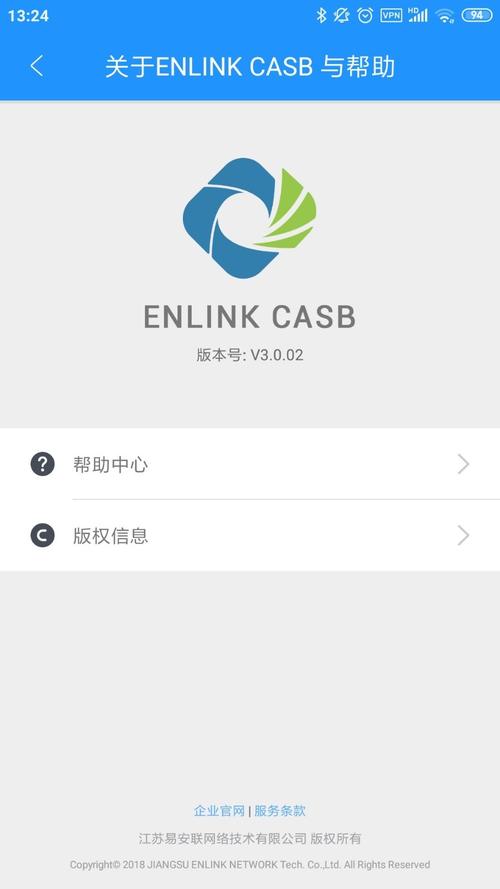CASB App: A Comprehensive Guide for Enhanced Security and Compliance
Are you looking to enhance the security and compliance of your organization’s data? If so, a CASB app might be the perfect solution for you. In this detailed guide, we will explore what a CASB app is, its benefits, features, and how it can help you protect your data from various threats.
What is a CASB App?
A CASB app, or Cloud Access Security Broker app, is a software solution designed to monitor, manage, and secure cloud services. It acts as a bridge between your organization’s on-premises security infrastructure and the cloud services your employees use. By providing visibility and control over cloud applications, CASB apps help organizations ensure compliance with regulatory requirements and protect sensitive data from unauthorized access.

Benefits of Using a CASB App
There are several benefits to using a CASB app for your organization:
-
Enhanced Security: CASB apps can detect and block malicious activities, such as data breaches, malware, and phishing attacks, in real-time.
-
Compliance: CASB apps help organizations comply with various regulations, such as GDPR, HIPAA, and PCI DSS, by providing visibility into cloud services and ensuring data protection measures are in place.
-
Data Loss Prevention (DLP): CASB apps can identify and prevent sensitive data from being shared or accessed inappropriately.

-
Cost Savings: By providing a single platform for managing cloud services, CASB apps can reduce the costs associated with multiple security solutions.
Key Features of a CASB App
A CASB app typically offers the following features:
-
Visibility and Discovery: CASB apps can identify and inventory all cloud services used by your organization, including those that are sanctioned and unsanctioned.
-
Access Control: CASB apps can enforce policies to control access to cloud services, such as requiring multi-factor authentication or limiting access to certain users.
-
Data Protection: CASB apps can encrypt sensitive data in transit and at rest, as well as scan for and block data breaches.
-
Compliance Monitoring: CASB apps can monitor cloud services for compliance with regulatory requirements and provide reports to demonstrate compliance.
-
Integration: CASB apps can integrate with existing security solutions, such as firewalls, SIEMs, and DLP systems, to provide a comprehensive security posture.
How to Choose the Right CASB App for Your Organization
When selecting a CASB app for your organization, consider the following factors:
-
Scalability: Ensure the CASB app can scale to accommodate the growth of your organization and the increasing number of cloud services used.
-
Compliance: Choose a CASB app that supports the compliance requirements relevant to your industry and region.
-
Integration: Look for a CASB app that can integrate with your existing security solutions to provide a seamless security posture.
-
Vendor Reputation: Research the reputation of the CASB app vendor, including their experience in the industry and customer reviews.
-
Support and Training: Ensure the CASB app vendor offers comprehensive support and training to help you get the most out of the solution.
Real-World Examples of CASB App Use Cases
Here are some real-world examples of how CASB apps are used in various industries:
-
Healthcare: A healthcare organization uses a CASB app to monitor and secure patient data stored in cloud services, ensuring compliance with HIPAA regulations.
-
Finance: A financial institution employs a CASB app to protect sensitive customer data stored in cloud services, such as Salesforce and Office 365, and ensure compliance with PCI DSS.
-
Education: An educational institution utilizes a CASB app to monitor and secure student data stored in cloud services, such as Google Workspace and Microsoft 365, and ensure compliance with FERPA.
Conclusion
In today’s digital landscape, protecting your organization’s data is more critical than ever. A CASB app can provide the necessary visibility, control


